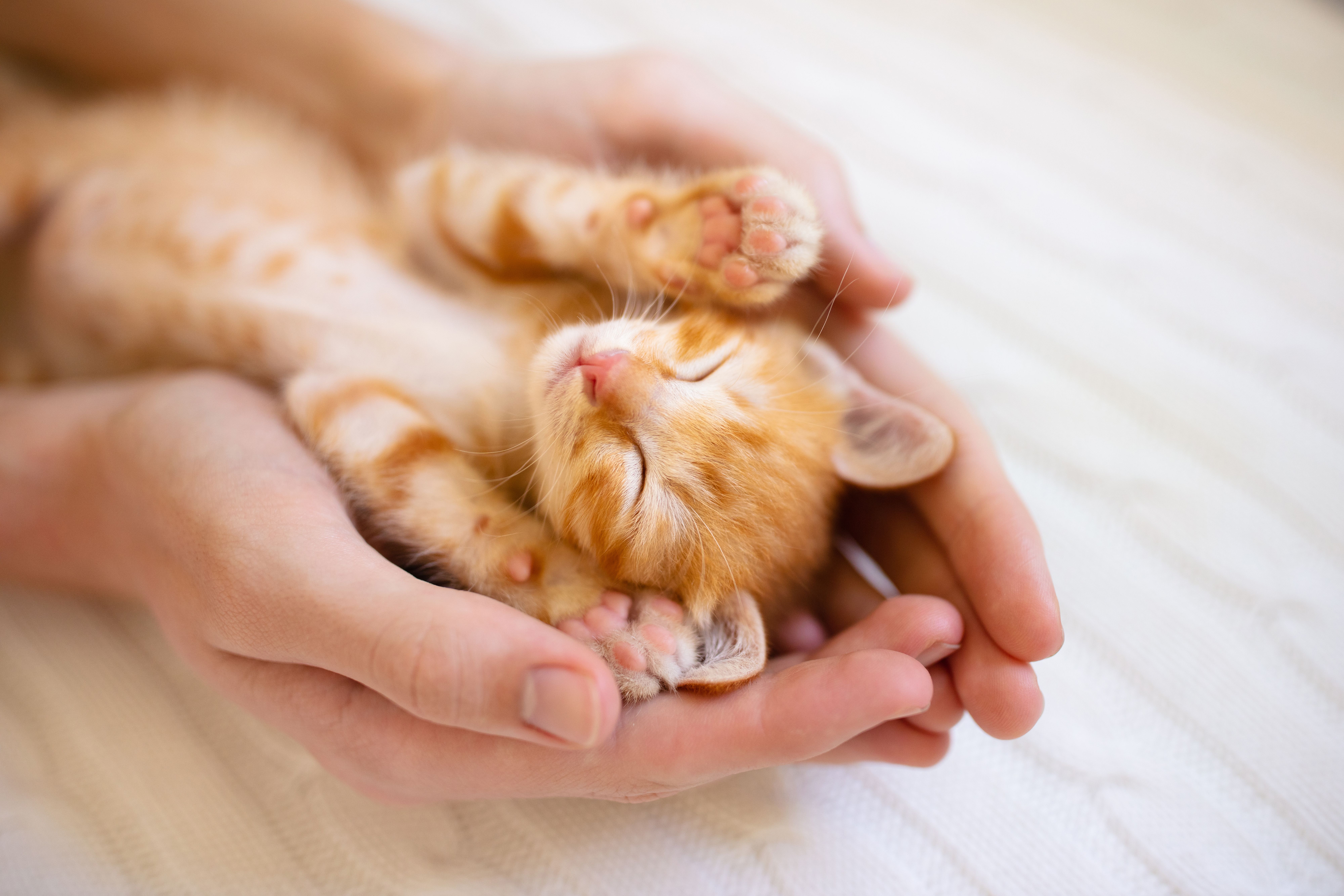
I haven’t always been an expert on cat behaviour. In fact, when I adopted my first cat, I was pretty clueless. I loved animals, of course—but I quickly learned that love alone doesn’t prepare you for life with a feline. Over the years, through trial, error, a lot of research, and hands-on experience working with cats (and living with more than a few of my own), I’ve gathered some wisdom I wish someone had shared with me from the start.
So whether you’re already living the dream with a few furry companions, or you’re thinking about adopting your very first cat, here are 10 things I hope will help you avoid the same mistakes I made—and enjoy a happier, healthier life with your cat.
One of the biggest mistakes I made early on was assuming that cats would just “get on” if left to their own devices. They don’t. Cats are territorial creatures, and introducing a new feline family member takes time and structure. Rushed intros can lead to long-term behavioural issues like aggression or fear. Use scent swapping, visual introductions, and supervised interactions. Go slow—it’s not a race, it’s a relationship.
Start them young! The earlier you get your cat used to having their nails trimmed, the easier it’ll be for both of you. Untrimmed nails can curl inwards and cause pain, or lead to snags and breakage. I recommend trimming every 3–4 weeks. It’s also a great way to save your furniture (and your legs!). Treats help—make it a positive experience.
Cats are obligate carnivores—they need meat to thrive. It's a fact that cats get the majority of their moisture from food, not water, so a diet of high-quality wet food is often beneficial. While I periodically encounter pet parents who only feed their cats high-quality kibble (mostly as recommended by some vets), I do disagree with this wholeheartedly unless it's for medical reasons, and will gladly share all the scientific research available. Basically, poor nutrition can lead to obesity, diabetes, kidney or liver disease, dental issues and more. if in doubt, consult an experienced feline nutritionist to ensure your cat is eating what they actually need—not just what they like!
It’s not enough to feed them and scoop their litter. Cats need daily play and mental stimulation—especially indoor cats. Boredom can lead to destructive behaviours, anxiety, or depression. Try wand toys, puzzle feeders, or even teaching tricks, and remember to hide and rotate toys so they don't get bored of the same toys. Additionally 'catify' your space with shelves, tunnels, and scratching posts to make things more interesting for your furry friend. In 90% of the cases I see, play therapy is always the answer, because a stimulated cat is a happy cat.
It turns out a lot of common household items are dangerous for cats. Lilies, for example, are highly toxic. So are many cleaning products, certain essential oils, and human medications. Lock away detergents, secure your windows and balconies, and block off hiding spots like under beds or cupboards—especially in case of emergencies.
You don’t have to go it alone. Life happens, and you’ll thank yourself later for having a go-to list of trusted vets, groomers, pet sitters, and even a friend or neighbour who can help in a pinch. Keep their contacts saved somewhere easy to find—and keep your cat’s veterinary records updated and in a fixed location so it is easy i is easy to find.
Vet bills can be astronomical, especially in emergencies. Pet insurance isn’t just for “worst-case scenarios”—it’s peace of mind. In the UAE, options include:
Look into what’s covered, and choose what suits your lifestyle best.
Social media is full of amazing cat groups where you can ask questions, learn from others, or seek help if your cat ever goes missing. Make sure your cat is microchipped and registered with local apps like Where’s My Paws At, so they can be located quickly if lost. The community is also a brilliant resource for reviews on products and advice on health issues.
If you needed to leave your home in a hurry, would you be ready? Keep a bag packed with the essentials: your cat’s food, treats, any medication, vaccination record, a blanket, collapsible bowls, litter supplies, and a spare carrier. Emergencies are stressful enough—don’t add last-minute scrambling into the mix.
I wish I’d known more about feline history and breed traits earlier on. Understanding where your cat comes from—whether it’s the highly active Arabian Mau or the laid-back Ragdoll—can help explain their behaviours and needs. Learning about feline domestication also gives you more empathy for how instinct still plays a big role in their daily lives.
So, if you’re just starting your cat journey, don’t worry—none of us get it right straight away. But the more we learn, the better we can care for our companions. And if you’re already a proud cat guardian, maybe this has reminded you of a few things worth revisiting 🐾